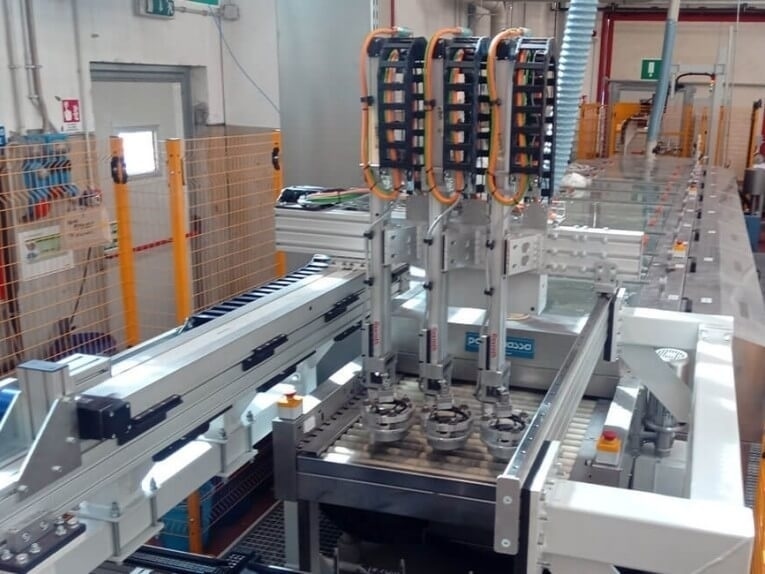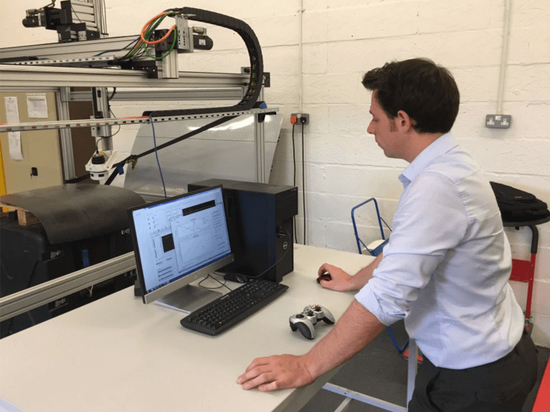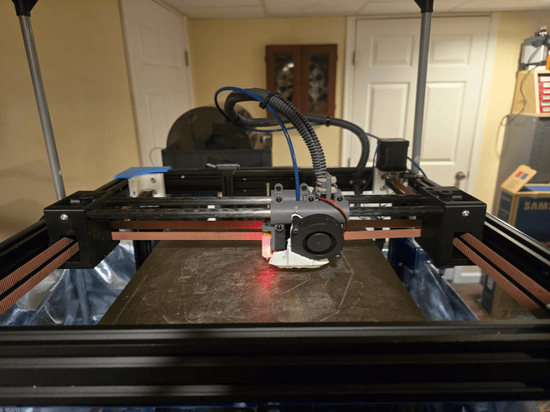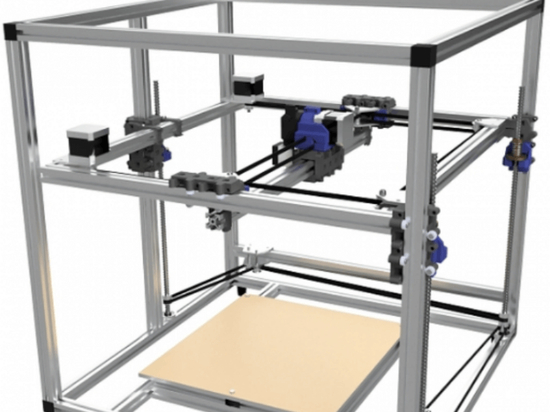
#Industry News
When Should You Consider Automating?
4 considering points for electronics manufacturing processes.
It can be evident that you need to automate specific electronics manufacturing processes, however not every machine is suitable for each scenario. Your situation and business details will determine if automation will be a positive addition to your company. Let’s look at some common reasons why today’s leading manufacturers automate their electronics manufacturing processes.
Increased Throughput
The primary reason manufacturers automate is that they struggle to increase production throughput. Robots can produce at a much higher rate when compared to manual operators. Robots can move faster than human operators can more consistently over a long period. Robotic programming can be optimized for maximum speed. This speed comes from both speed of movement and limiting wasted motion and time off task. This means a more efficient production for your facility.
Higher Levels of Precision
Electronic components can be small and require great precision to perform the relevant production tasks. Robots are capable of a higher level of precision than manual laborers. Their mechanical construction, programming, and servo motors enable them to attain sub-millimeter levels of precision. This means more accuracy in production and fewer errors. These errors can lead to wasted materials and defective products, ultimately leading to lost revenue for your business.
More Consistent Production Quality
Robots are designed to follow step-by-step instructions programmatically. Robots perform the same task thousands of times without noticeable deviation. When combined with their superior precision, the result is incredibly consistent production quality.
Electronics manufacturing robots offer great potential for modern electronics manufacturers. If you can define the details of your business, the requirements of your application, and how to best deploy this robot, you can benefit from automating some of your electronics manufacturing tasks.
Cleanroom Considerations
Most electronic assembly applications demand a sterile field. The need to protect sensitive electronics from particles and contaminants extends to the equipment used to assemble them. This, of course, includes industrial robots. Cleanroom environments don’t impact robots, but minimizing the robot’s impact on the cleanroom is the primary concern.
If your application occurs in a cleanroom, it’s imperative to notify your supplier. Robots for cleanrooms require special handling and parts. For example, cleanroom robots will be sterilized and shipped with special packaging to keep them from being exposed to contaminants. Additionally, they will often be assembled with special lubricants.
Choosing to automate today can provide long-term benefits that compound over time.






